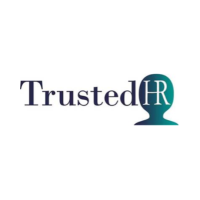Performance
|
Helping employees perform well is a central role of line managers, effectively managing employee performance is critical for success. Employees need to understand what’s expected of them, and must be managed so that they are motivated, have the skills, resources and support they need to succeed, and are accountable for their work. Here a few useful tips to get the most out of performance appraisals and to effectively manage performance:
In situations where employees are underperforming, there are two key resources that can be used to get things back on track.
|
- © 2018 Ground Level Ministry Team Ltd
- Ground Level Network is a trading style of Ground Level Ministry Team Ltd.
-
Registered Address: 22 Newland, Lincoln LN1 1XD
- Company Number: 02425628
- Registered Charity Number: 1001599
- Website by WebWorks Design
-
Ground Level
22 Newland
Lincoln, LN1 1XD -
This email address is being protected from spambots. You need JavaScript enabled to view it.
